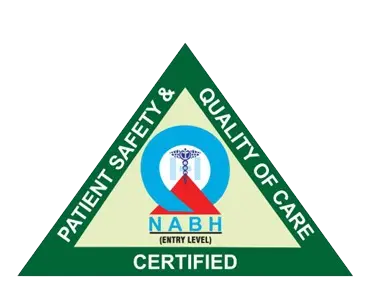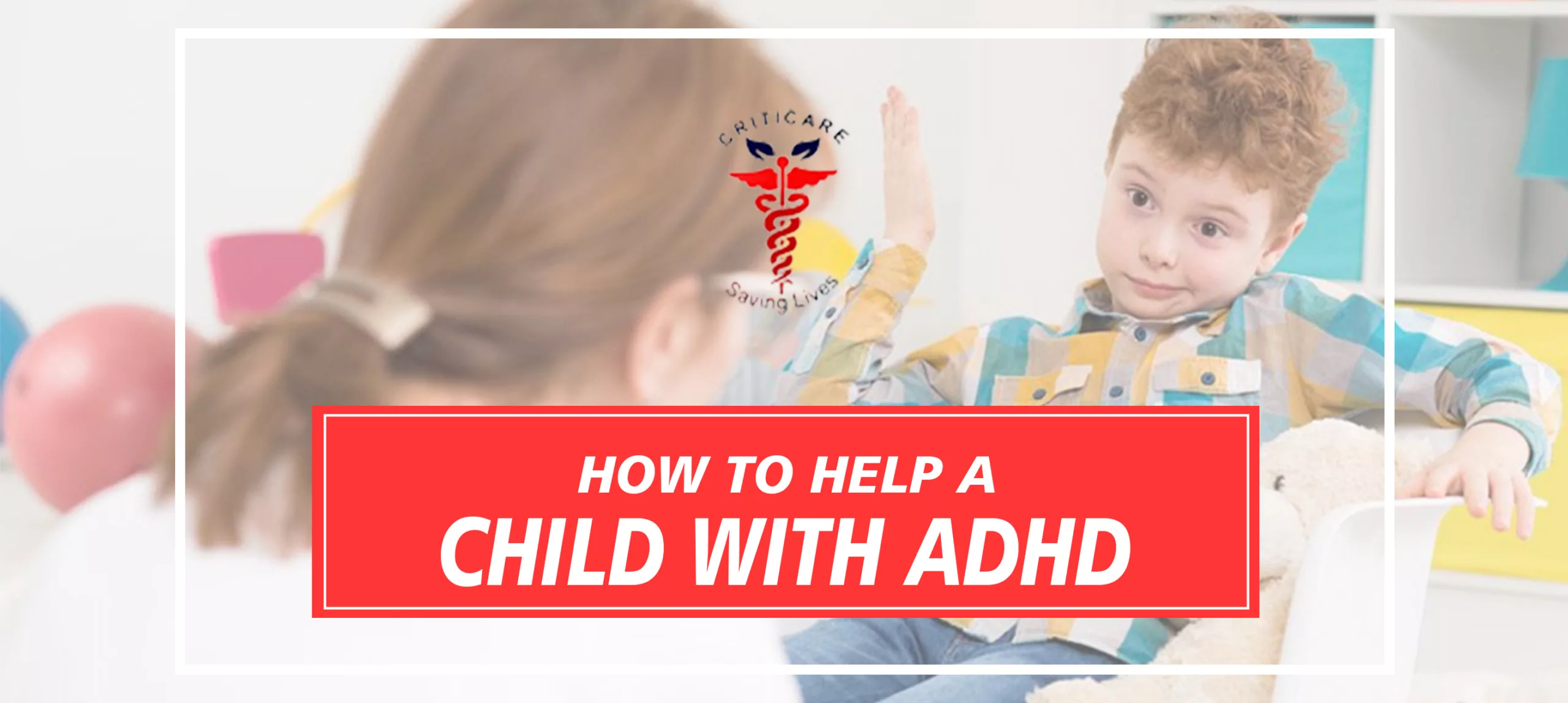- Introduction
Attention deficit hyperactivity disorder, or ADHD, is a neurodevelopmental disorder that affects many children around the world. It can make it challenging for children to focus, regulate their emotions, and complete tasks. If left unmanaged, ADHD can significantly impact a child’s academic and social life. As a parent or caregiver, it can be challenging to know how to help a child with ADHD. In this article, we will discuss practical strategies and tips that can help children with ADHD thrive. We will also provide guidance for parents and caregivers on how to support their children while maintaining their own well-being.
- Recognizing ADHD symptoms in children
Children with ADHD can have difficulty paying attention to details, staying focused on tasks, and organizing their thoughts. Kids with ADHD may exhibit hyperactive behavior, such as excessive talking, fidgeting, and restlessness. They may act impulsively, without thinking about the consequences. This behavior can result in interrupting others, taking risks, and engaging in dangerous activities. Children with ADHD may have difficulty regulating their emotions. They may experience intense emotions, such as anger or frustration, and have difficulty calming down.
III. Strategies to help children with ADHD
- Create a structured and predictable routine: Children with ADHD often struggle with transitions and changes in routine. Creating a predictable daily schedule and sticking to it can help children feel more secure and focused.
- Break down tasks into smaller, manageable steps: Large tasks can feel overwhelming for children with ADHD. Breaking them down into smaller, more manageable steps can help children feel less anxious and more in control.
- Provide positive reinforcement for good behavior: Praising children for positive behavior can be a powerful motivator. Using rewards such as verbal praise, stickers, or tokens can help children stay focused and motivated.
- Use visual aids to help with organization and planning: Visual aids such as calendars, checklists, and color-coded schedules can help children with ADHD stay organized and focused.
- Encourage physical activity and exercise: Regular exercise can help children with ADHD manage their energy levels and improve their focus and concentration.
- Limit screen time and other distractions: Excessive screen time and other distractions can exacerbate symptoms of ADHD. Setting limits on screen time and creating a distraction-free environment can help children stay focused and engaged.
- Consider medication and therapy as treatment options: Medication and therapy can be effective treatments for ADHD. Consult with a healthcare provider or mental health professional to determine the best treatment plan for your child.
Tips for Parents and caregivers
- Practice self-care to avoid burnout: Caring for a child with ADHD can be physically and emotionally draining. It is important to take care of yourself by getting enough sleep, eating a healthy diet, and engaging in activities that bring you joy.
- Build a support network: Reach out to family, friends, or other parents of children with ADHD. Joining a support group can also be helpful. It can provide a sense of community and offer practical tips for managing ADHD.
- Communicate openly and regularly with teachers and healthcare professionals: It is important to keep your child’s teachers and healthcare providers informed about your child’s progress and any changes in behavior. They can offer support and make necessary adjustments to your child’s treatment plan.
- Seek out resources and support groups: There are many resources available for parents of children with ADHD, such as books, websites, and workshops. Connecting with other parents of children with ADHD can also provide valuable insights and support.
- Be patient and compassionate: Remember that your child is doing their best, and managing ADHD can be challenging for them. Practice patience and offer plenty of encouragement and support.
Conclusion
In conclusion, ADHD is a neurodevelopmental disorder that affects many children around the world. Recognizing the symptoms of ADHD and seeking professional evaluation and treatment is essential to help children with ADHD thrive. There are many strategies that parents and caregivers can use to help children with ADHD, such as creating a structured routine, breaking down tasks into smaller steps, and providing positive reinforcement. It is also important for parents and caregivers to take care of themselves and seek out resources and support. With the right strategies and support, children with ADHD can reach their full potential and lead fulfilling lives.




